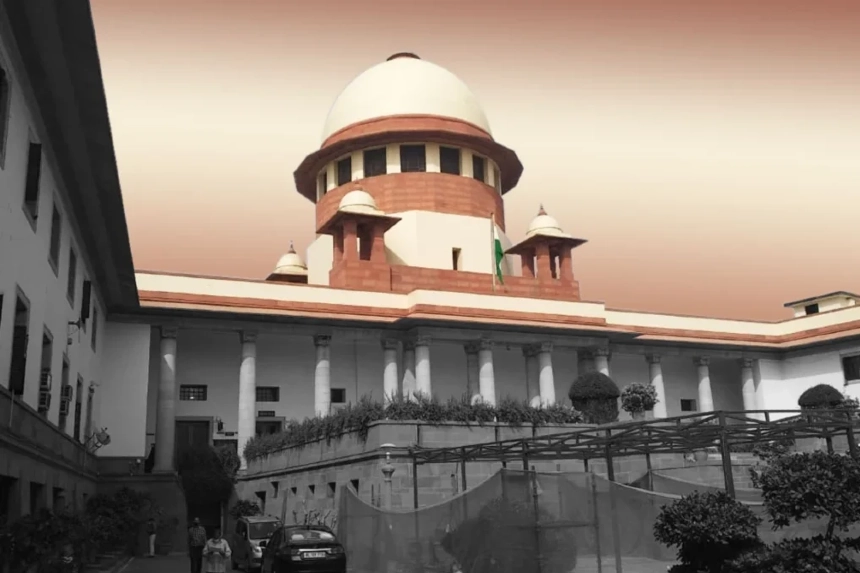After the Supreme Court warned the Centre of staying three provisions of the Waqf Act 2025, the Centre replied to the highest court, saying that it will not make any changes in the provisions until 5 May. The three provisions that the Centre has notified include appointment to the Waqf Board and changing the character of the Waqf, including “waqf by user.”
In the judgment given by a three-judge bench headed by Chief Justice Sanjiv Khana in the presence of Solicitor General Tushar Mehta, it was said that the government will not de-notify any Waqf property or change its character until the next hearing. The court further said that any appointment of a non-muslim made by the centre or a state to the board will be considered void by the court.
The bench consisted of Sanjay Kumar and K V Viswanathan, other than the chief justice, who will retire on 13th May. The interim hearing is scheduled on 5th May, and the bench said that if, after the preliminary hearing, it is required, they will pass an interim order.
The court has declared in the hearing that it can directly stay the provisions of the act that it considers unjust; however, Solicitor General Tushar Mehta, representing the central government, clarified, saying that it will not be appropriate to do it without knowing the past journey and history of the act. Stating how many villages and private properties have been taken as waqfs, and there has been no justice to people coming to the high courts about their disputed properties.
Mehta also said that this is a matter where the court alone cannot do justice and requires “assistance” as it impacts the rights of several people. The court has given time to the government to reply to the writ petitions filed against the case, and also directed that five of the several dozen petitions will be treated as the main leads while the other will follow as interventions. The opposition has hailed the court’s order as a step to protect democracy, while protests and meetings regarding the act have been happening across the country ever since its passage.








